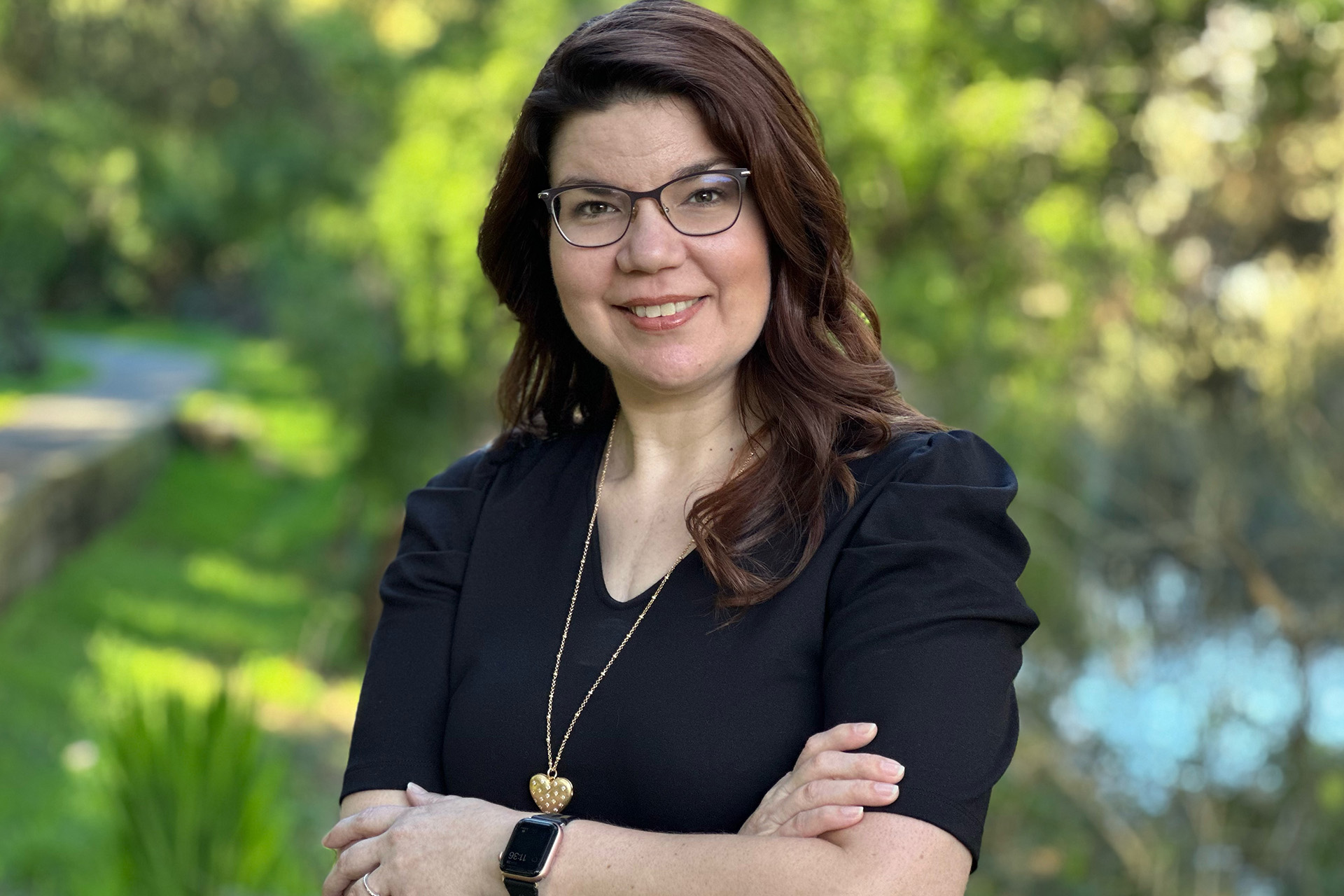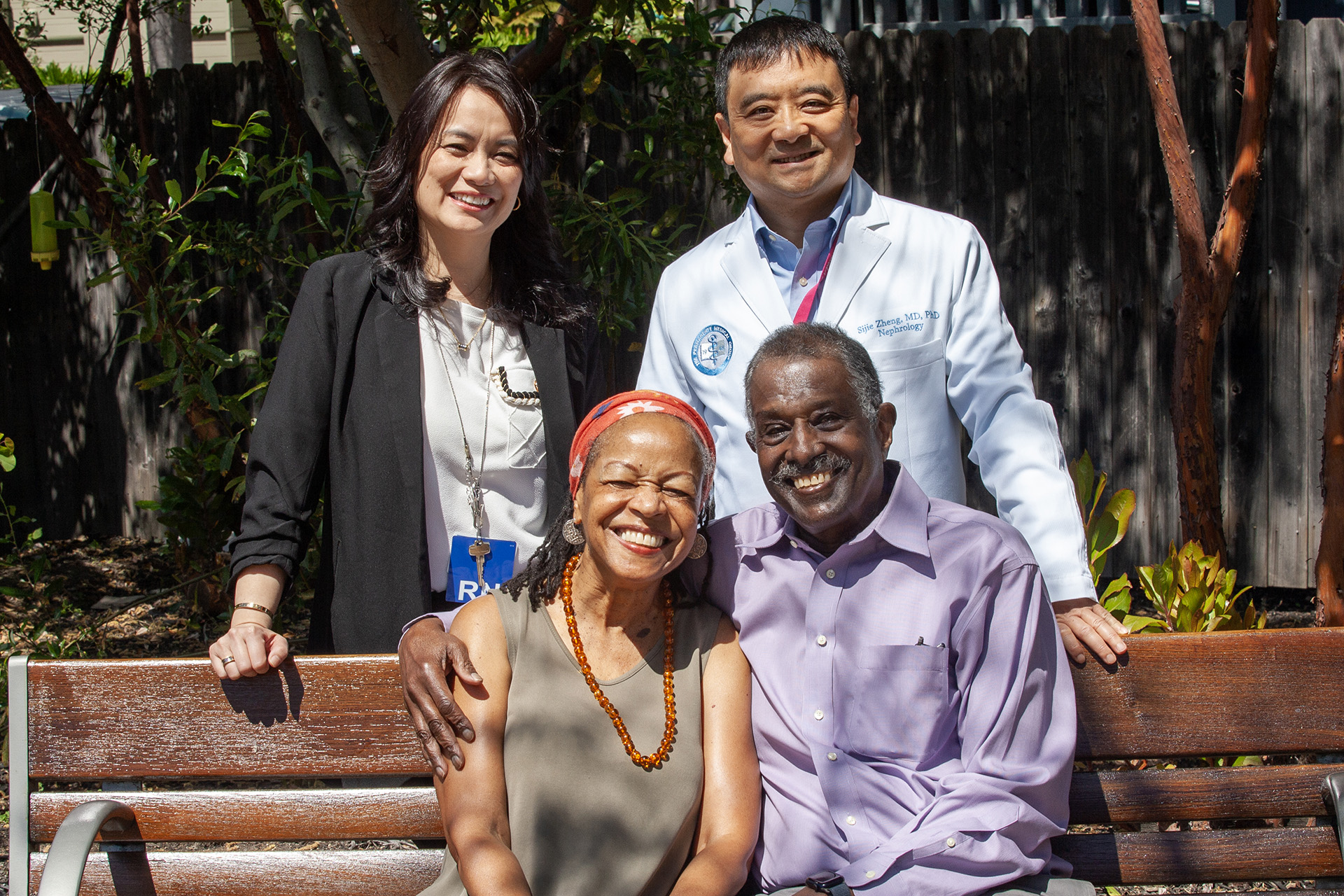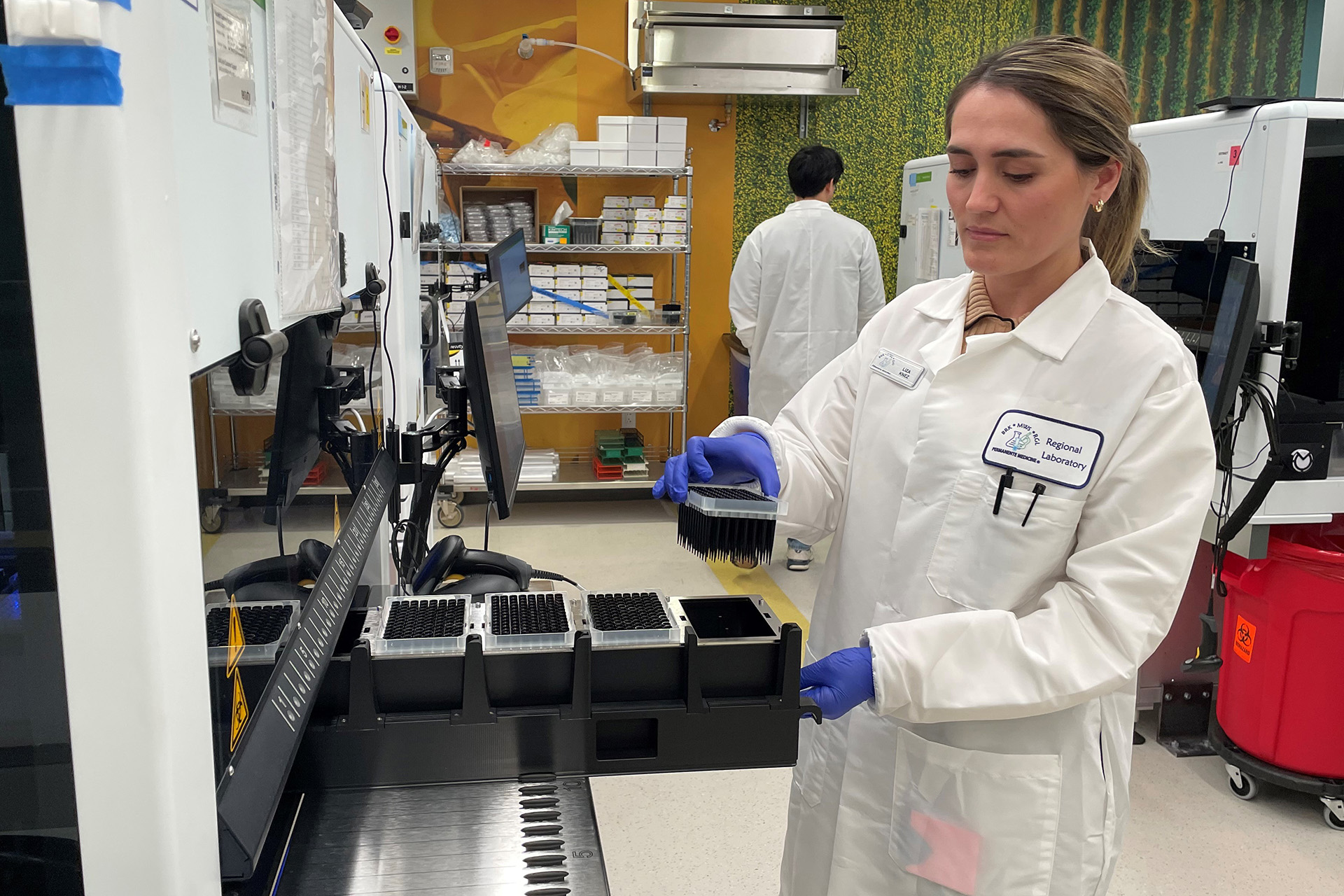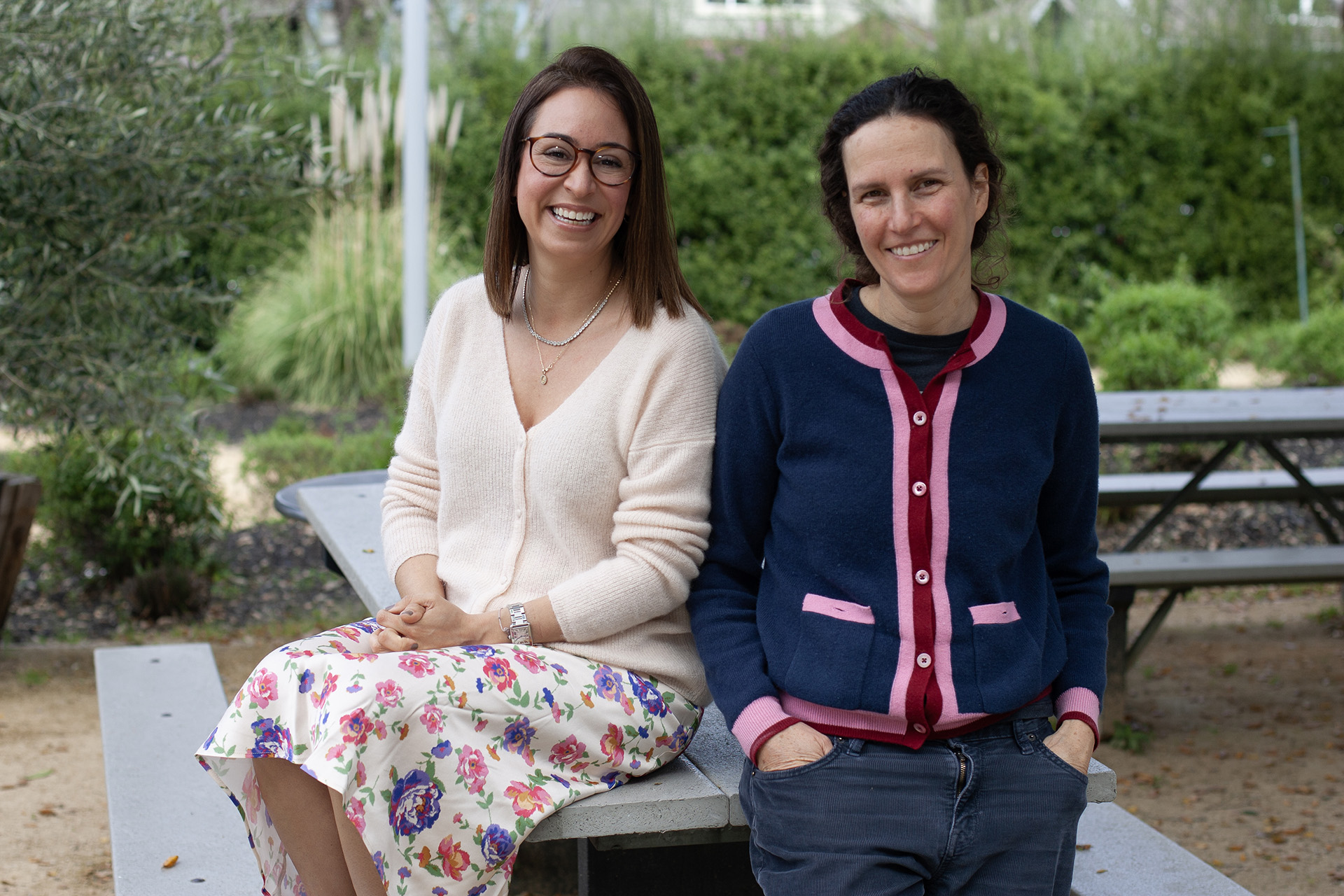Karen Cresci thought her back pain was just stress.
She was 27 at the time and brushed it off at first. Within days the pain became so severe she decided to go to the hospital.
It’s a decision that may have saved her life.
Cresci’s physicians at Kaiser Permanente San Francisco found a concerning heart condition. A chest X-ray showed tears in the lining of the heart’s largest artery known as aortic dissections.
“Mostly you hear about the sore arm and the pressure on the chest as if somebody was standing on you,” Cresci said. “I had neither of those, so I didn’t know that I was experiencing any heart issues.”
She was a young, otherwise healthy person who just learned she had a rare genetic condition. Cresci joined the ranks of 60 million women living with heart disease in the United States, according to the Centers for Disease Control and Prevention.
Only half of women know that heart disease is also the No. 1 killer of women. This isn’t to scare women but to empower all of us to recognize we’re at risk for development of heart disease as well.
– Sahar Naderi, MD
Cresci’s case proves that heart disease can affect anyone, and the symptoms aren’t always obvious, especially for women.
For example, researchers have found that when women have heart attacks, they’re more likely to have jaw, neck and back pain, and shortness of breath. Women are also more likely than men to blame symptoms on anxiety or stress, potentially leading them to wait longer to seek treatment.

Sahar Naderi, MD, a cardiologist and director of Women’s Heart Health at Kaiser Permanente in San Francisco, has focused on dispelling misconceptions around women and heart health.
“We want to continue to chip away at that stereotype of the elderly male patient being the overgeneralized description of heart disease,” said Dr. Naderi. “We’re making some headway but there is data that suggest that only half of women know that heart disease is also the number one killer of women. This isn’t to scare women but to empower all of us to recognize we’re at risk for development of heart disease as well.”
‘An attitude of gratitude’
After Cresci’s first episode in 2007, doctors at Kaiser Permanente moved swiftly to insert multiple stents into her aorta to seal tears.
Aortic dissections are not common and are challenging to diagnose, according to the American Heart Association. After her first surgery, Cresci paid close attention to her body and the tell-tale symptoms of heart disease, particularly the symptoms that may be more common in women.
That first heart episode would be one of many lifelong challenges Cresci would face living with a genetic connective tissue disorder. Years later, Cresci had another aortic dissection, and suffered a heart attack.
She then connected with Dr. Naderi by joining the Aortic Clinic during a post-surgical, follow-up appointment.
“I have Dr. Naderi and her team to thank for reducing my risk of another dissection as well as mental and emotional support for coping with having a rare disease for which there is no cure,” Cresci said.
Over the years, Cresci has channeled her energy into advocacy. She now works with “Women Heart,” a national organization to raise awareness about heart disease in women.
“I live with an attitude of gratitude, and I try desperately hard to navigate the ‘little earthquakes’ life throws at me from time to time with an emphasis on making the world a better place,” said Cresci.





This Post Has One Comment
Thank you Karen, for sharing your compelling and insightful story with Kaiser Permanente Look Inside KP Northern California. that was published during Heart Month.
It is so important for the readers to know that heart disease is the number one killer of women and men; and as you and Dr. Naderi mentioned in the article, how women’s symptoms can differ greatly than men’s symptoms.
My personal hope, as a woman with heart disease, that this article will encourage everyone to listen to their bodies, and not to dismiss their symptoms. For some, it can be the matter of life and death.
Sincerely,
Sarah Schachter
Western District Leader of WomenHeart
WomenHeart Champion